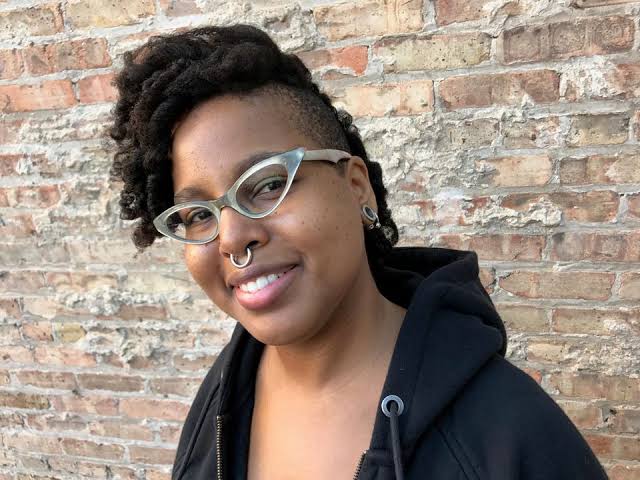
by Rebelle Summers | Sep 21, 2023 | Blog
In a world where corporate entities maintain a tight grip on the institutionalization of creativity and where representation mattering is still more of a conversation than a mainstream practice, a glimmer of hope emerges in a new queer press, Bona Books. The...

by Michele Kirichanskaya | Feb 10, 2023 | Blog
C. Spike Trotman was born in DC, raised in MD, and lives in IL. An artist and writer, she founded Iron Circus Comics in 2007, which has since grown to become the region’s largest comics publisher. Her notable work includes the webcomic “Templar,...




